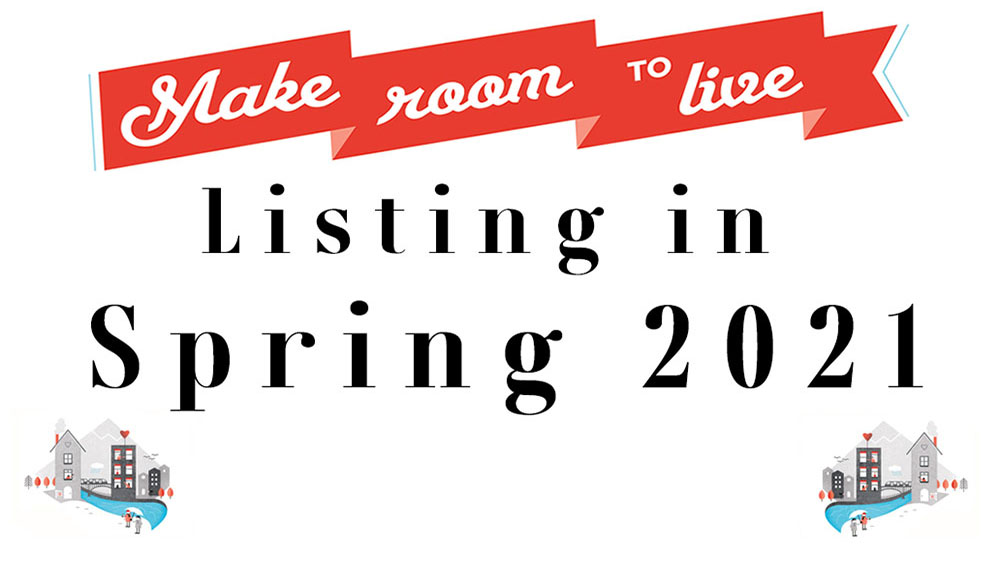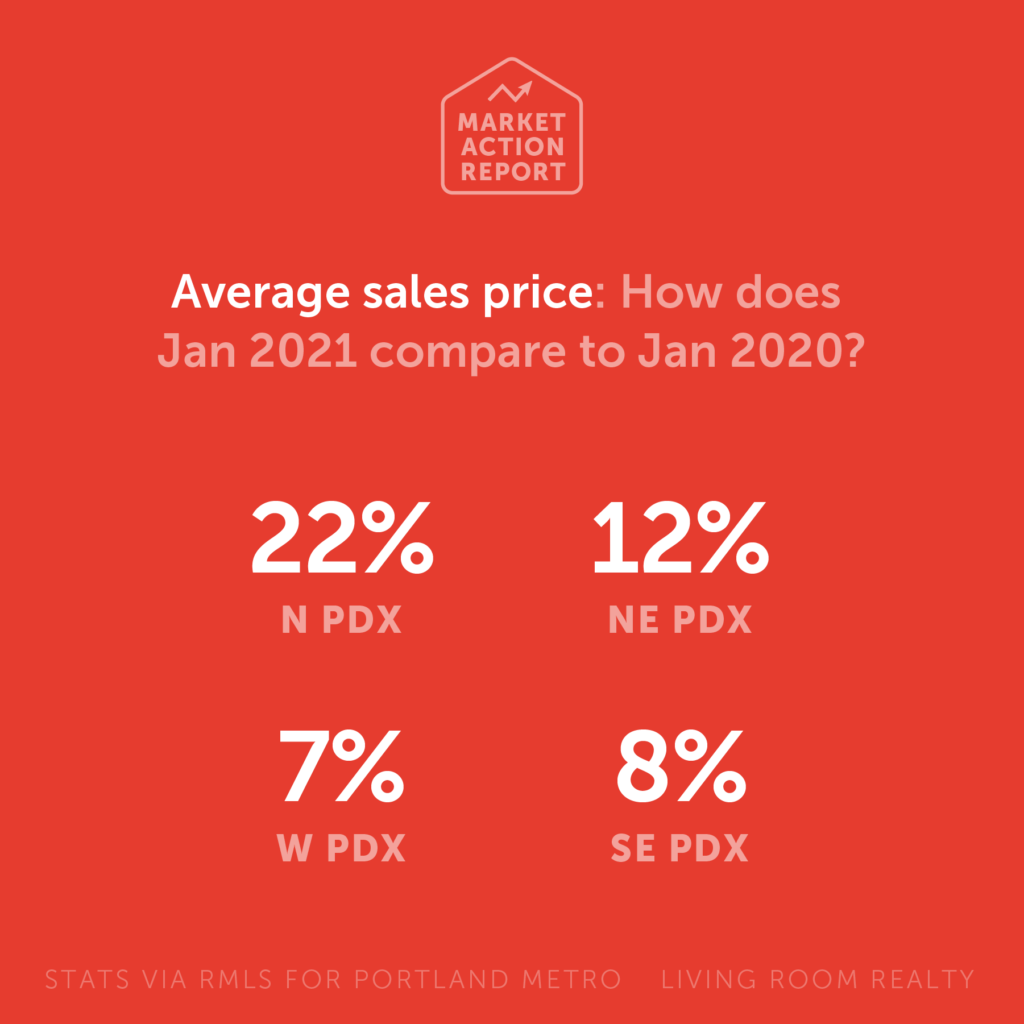This is hands-down the most common question I get as a realtor:
“So… how’s the market?”
It usually comes up during small talk at a backyard BBQ, in the checkout line, or really anytime someone finds out I’m in real estate. It’s almost always the second question after “What do you do for a living?” And honestly—I get it. It’s such a fair question.
But the real answer? It’s never as simple as “it’s hot” or “it’s slow.”
(Warning: if someone gives you a one-liner answer, you might want to pause and dig deeper…)
So, I thought I’d take a moment to share what I actually think when you ask me how the market is. Because the truth is—it depends. The market shifts based on who you are, what your goals are, and where you are in life.
Let’s Look Back for a Second…
Remember the 2020–2021 market frenzy? Buyers were submitting offer after offer, competing against 15+ others. It wasn’t uncommon to see inspections waived, offers coming in $100K over asking, and buyers covering $25K+ appraisal gaps.
Sure—buyers who locked in at those low interest rates are sitting on gold when it comes to financing. But I’ve also worked with some who’ve had to sell just a year or two later due to life changes. And they’ve definitely felt the sting of what it took to get their foot in the door back then.
The Real Estate Market Isn’t Just One Thing
Think of the market like a farmer’s market (stick with me here):
-
Some people are shopping for produce.
-
Some are selling candles.
-
Others are just strolling to see what’s out there.
So if you ask someone, “How’s the market?” at a farmer’s market, the answer depends—are you buying? Selling? Browsing?
It’s the same in real estate. The market feels totally different depending on your role. That’s why we hear terms like “buyer’s market” or “seller’s market”—because no market is inherently good or bad. It just depends on the opportunities available and who’s stepping into them.
Even within the same category, experiences can vary widely. A first-time buyer using their savings for a down payment is playing a very different game than an empty-nester selling their long-time home and downsizing. Same market, totally different approach.
What I Pay Attention to (Beyond Just Price)
When someone asks me how the market is, here’s what I really look at:
-
Inventory – How many homes are actually available that fit your needs?
-
Days on Market – Are homes flying off the shelf or sitting for weeks?
-
Buyer Demand – Are people showing up to open houses? Making offers?
-
Interest Rates – What impact are they having on affordability and decision-making?
But more than numbers, I think about the real conversations I’m having every day.
Like the couple who didn’t think they could buy this year—until we got creative and made it happen. Or the seller who was nervous their home wasn’t competitive, but with the right prep and pricing, it sold quickly and for a strong price.
So… How Is the Market Right Now?
Here’s what I’ll say:
As of early 2025, the market in Portland (and surrounding areas) is shifting—but not stalling.
-
Well-priced, turn-key homes in desirable locations are still moving quickly—often with multiple offers.
-
Buyers are more intentional and strategic now. (No more wild, FOMO-fueled offers.)
-
Homes that are sitting? Usually those priced with 2021 expectations, where sellers haven’t yet adjusted to today’s more balanced market.
-
Sellers who are prepared, willing to put in a little work to present their home well, and patient with the process—are still winning.
-
There’s real opportunity right now, especially if you’re willing to think creatively about homes that have been sitting a little longer.
But again—it all depends. On your timing. Your budget. Your risk tolerance. Your goals. And what’s happening in your life.
My Real Answer?
When someone asks, “How’s the market?”
I’ll usually respond with: “It depends—what’s got you curious?”
Because I don’t just want to toss out stats and blanket statements. I want to help you understand what the market means for you. And give you real information that actually supports your decision-making.
If you’re even thinking about a move this year—or just curious what your options might look like—let’s talk. No pressure. I’m always happy to be a sounding board, a resource, or a second opinion.
Let’s make the market make sense for you.
Your friend & Realtor,
Sofi





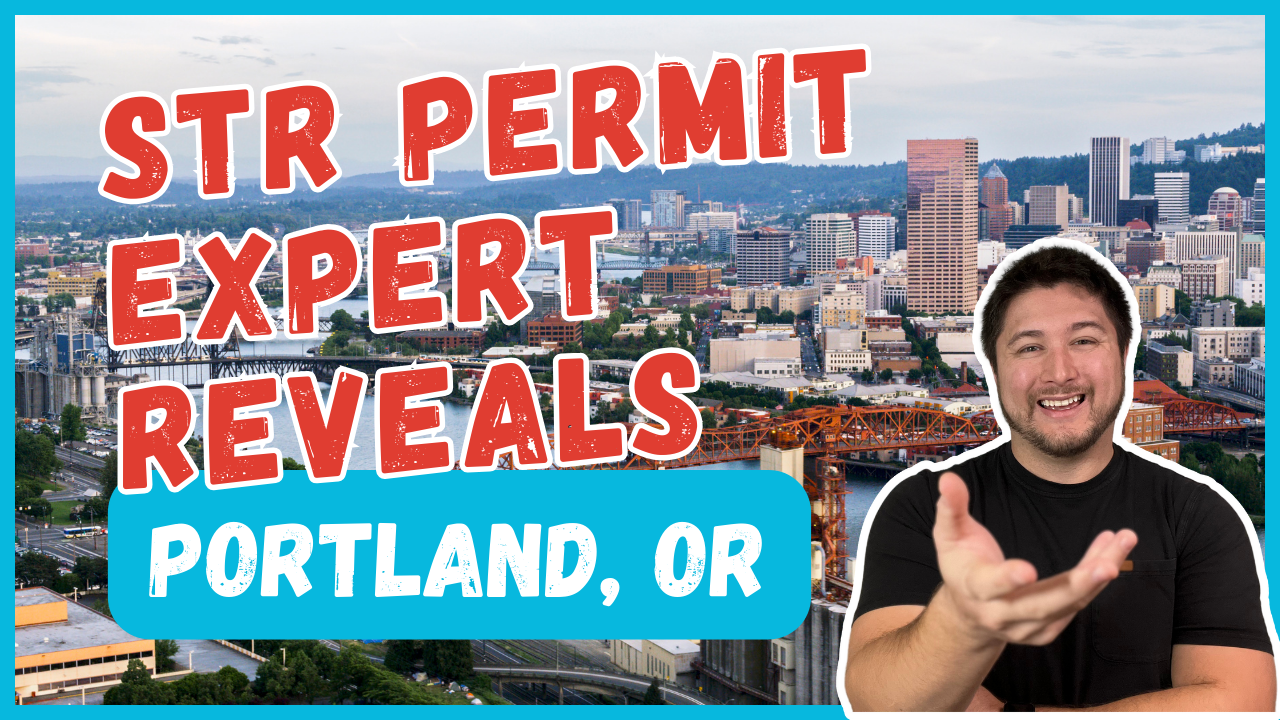
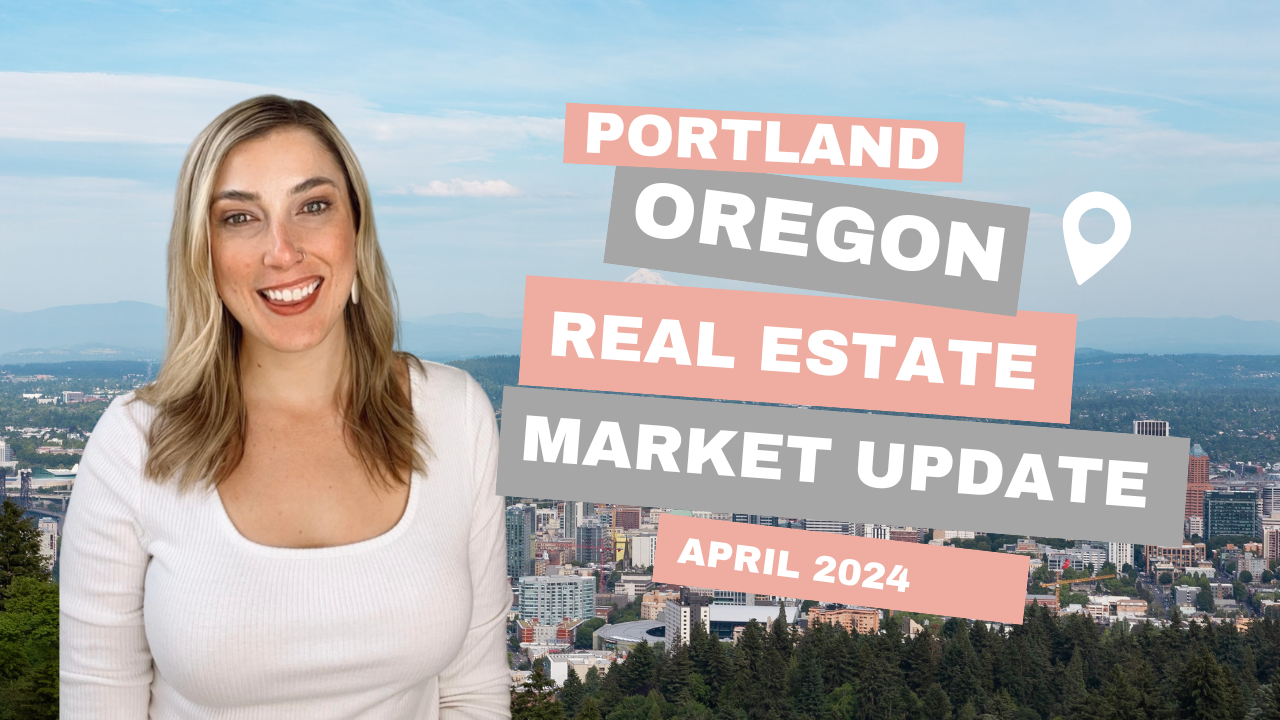
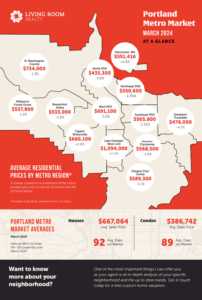

 503-303-0822 or
503-303-0822 or 




